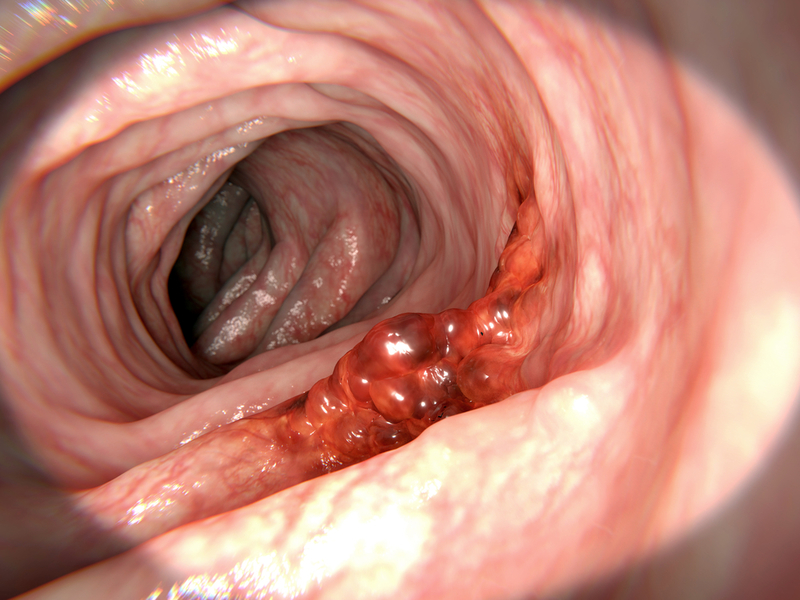Removing more right-sided colon cancer tumors may improve survival
M3 Global Newsdesk Oct 17, 2018
Increasing the minimum number of lymph nodes removed during operations for right-sided colon cancers may improve the survival rate for these patients, according to a presentation by researchers at the 2018 American College of Surgeons (ACS) Quality and Safety Conference, held in Orlando, FL.

Colorectal cancer tumors located on the right side are associated with worse 5-year overall survival rates than tumors on the left side. Current quality of care guidelines state that a minimum of 12 lymph nodes on either side of the colon should be removed and pathologically examined to determine the prognosis and treatment of patients with colon cancer. But when the investigators harvested 22 or more lymph nodes in patients with right-sided cancer, the survival rate improved by approximately 20%. These study results are the first to link improved survival with removal of more than 20 lymph nodes in the treatment of right-sided cancer, the researchers reported.
“A higher lymph node yield improves survival,” they concluded. “These data call into question the current 12 lymph node minimum standard and may provide indirect evidence for complete mesocolic excision to obtain a higher lymphatic harvest to improve survival.”
For this large-scale study, the researchers queried the National Cancer Database for colectomies in non-metastatic colon adenocarcinomas between 2004 and 2014. After adjusting for disease severity as well as the type of systemic treatment, researchers grouped data by left or right tumor location. Of nearly 505,000 patients in the entire cohort, 273,198 had right-sided tumors.
Researchers found that 5-year overall survival for patients with right-sided tumors was 66% for stage II cancers and 56% for stage III disease. In comparison, survival rates for patients with left-sided tumors were 70% for stage II and 60% for stage III cancers. Lymph node harvest and systemic therapy were similar for both right- and left-sided tumor patients.
These findings suggest that colorectal surgeons may want to take extra steps to increase lymph node harvest for patients with right-sided disease. The study results may also prompt surgeons to reconsider the type of operations they perform on patients with right-sided colorectal tumors.
“Lymph node harvest is related to the extent of the surgical resection. If removal of more lymph nodes improves survival of patients with right-sided cancer, these patients may need a more extensive resection than is considered to be standard for them,” said study author Lawrence Lee, MD, PhD, colorectal surgeon and PhD in epidemiology, McGill University Health Centre, Montreal, Canada.
These results, however, come with a caveat. “The kinds of vascular ligations that are required to get a greater nodal harvest on the right side mean the surgeon is dissecting around really big blood vessels,” Dr. Lee said. “It’s a larger resection overall on that side, and the more vasculature that’s involved, the higher the risk for anastomotic breakdown and injury to these blood vessels. So, surgeons may not want to do more resection on right-sided colon cancers.”
To establish the value of performing extended resection and central vascular ligation of major blood vessels on the right side, a multicenter, randomized prospective trial will be needed.
“We don’t know the answer to the risk/reward ratio, but our study shows there’s enough of a difference in survival with greater surgical resection that we need a better understanding of the way we’re operating on the right side,” Dr. Lee concluded.
This story is contributed by John Murphy and is a part of our Global Content Initiative, where we feature selected stories from our Global network which we believe would be most useful and informative to our doctor members.
-
Exclusive Write-ups & Webinars by KOLs
-
Daily Quiz by specialty
-
Paid Market Research Surveys
-
Case discussions, News & Journals' summaries